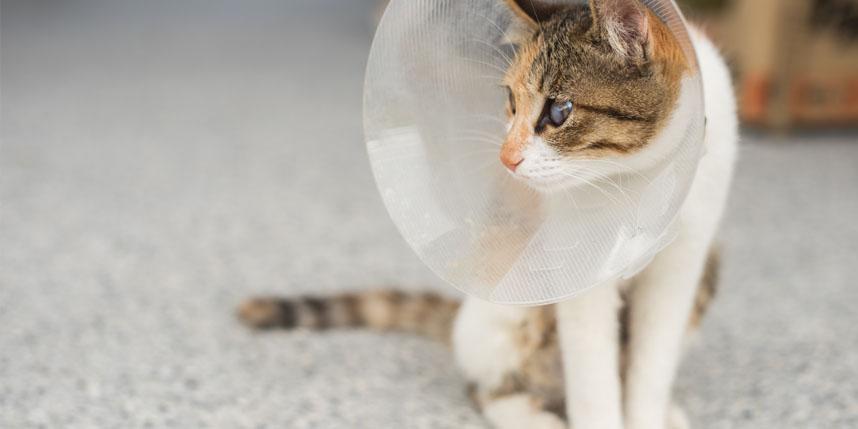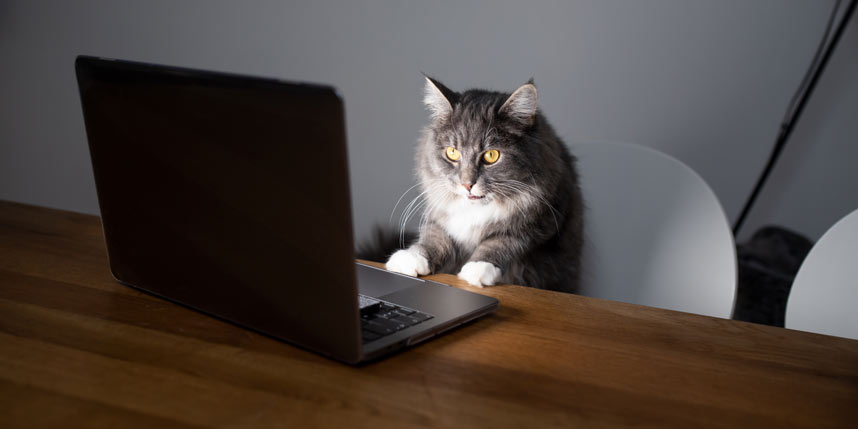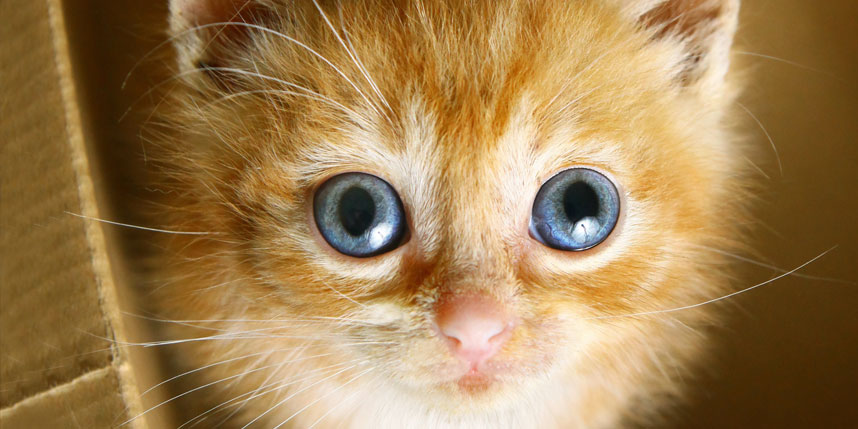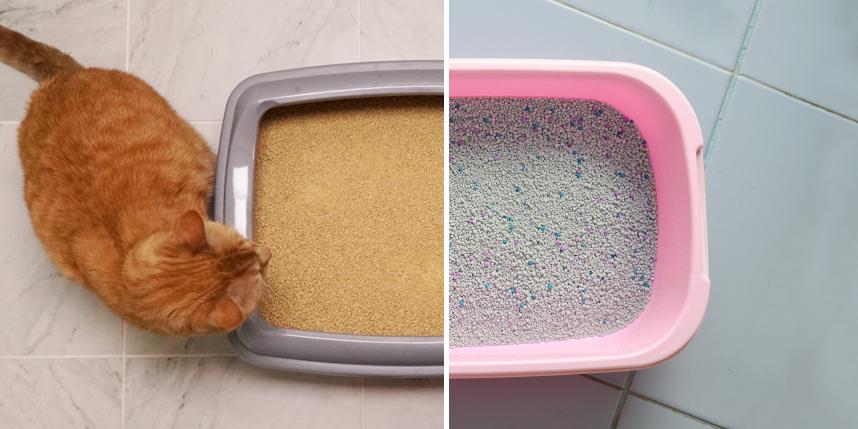BEST CAT CONVERSATIONS ON THE INTERNET
Looking for a good cat chat? Learn more about the internet’s premiere feline forums and what they have to offer cat lovers like you.

How to Care for a Cat After Spaying or Neutering
It’s important that you take care of your cat after they are spayed or neutered, just as you would care for a human after surgery.
Your cat will need some extra attention and TLC to get through the few weeks post-surgery. But don’t worry, we have some helpful tips to ensure your cat is back on his or her feet in no time.
How to Care for A cat’s Spay or neuter surgical site
Make sure to check the surgical site twice daily for any unexpected symptoms like discharge or swelling. Expect to see a little bit of redness around the surgical site. This is normal and can last for a few days. If redness persists past a few days, consult your veterinarian.
You’ll also want to keep an eye out for the following symptoms:
- Continuous or intermittent bleeding
- Odor
- Trouble breathing
- Poor stability
- Bruising
- Abnormal body temperature
- Shivering
- Diarrhea
- Loss of appetite

If you notice any of these symptoms, contact your veterinarian for further care instructions.
Your cat may be tempted to lick or scratch the incision area, however, do not allow them to. This can irritate the wound and slow the healing, or even cause an infection. Your cat may need to wear a cone to prevent them from disturbing the area.
Unless advised by your veterinarian, do not use any ointments or treatments on the surgical site. This can obstruct your cat’s natural healing process. Do not groom or bathe your cat post-surgery for a few days, and be diligent about keeping the surgical site dry. Any physical contact with the cat’s skin, especially near the surgical site may cause extra irritation or disturb your cat’s stitches.
Post-surgery cat care tips
Monitor Nutrition
Make sure not to feed your pet too soon, or too much. After surgery, if your cat seems hungry you can try giving them a small portion of their normal food serving to see how their digestive system reacts.

After a few more hours, if they haven’t had any digestive issues, you can start to incrementally increase their food intake until it’s back to their normal amount.
The same goes for water – you should only give your cat a small amount post-surgery, as too much can cause nausea. You should also make sure not to introduce any new foods into their diet, as they could cause digestive issues.
Limit Activity
For a few days after surgery, your cat may not have much energy. Once normal energy returns, try to limit your cat’s activity, though it may be difficult if you have a kitten. Strenuous activity can deter the healing process or cause more damage to the surgical site.

To better observe them, you may need to limit your cat’s hiding spots during the healing process. Keep your cat indoors and don’t allow them near any felines of the opposite sex who have not been spayed or neutered.
Litter For After Spay/Neuter Surgery
Post-surgery you should use a dust-free litter, so no litter ends up stuck to the surgical site. Corn-based litters, such as World’s Best Cat Litter™, are always a good idea.

Most of all, remember to treat your cat with the same love and care a human would receive after surgery. Providing them with gentle, thoughtful care can help them heal and feel better faster, so you both can get back to everyday life. For more tips on how to love your cat right, visit our Cat Care page.



